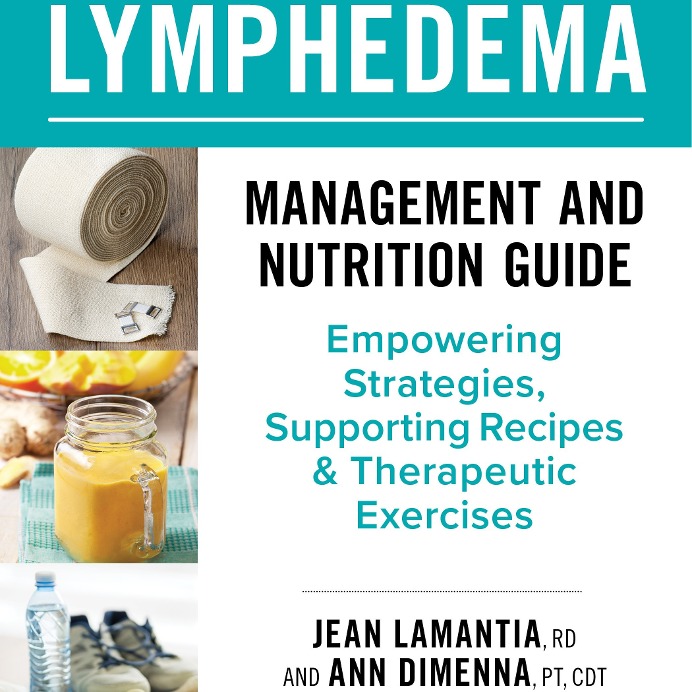By continuing to use our site, you consent to the processing of cookies, user data (location information, type and version of the OS, the type and version of the browser, the type of device and the resolution of its screen, the source of where the user came from, from which site or for what advertisement, language OS and Browser, which pages are opened and to which buttons the user presses, ip-address) for the purpose of site functioning, retargeting and statistical surveys and reviews. If you do not want your data to be processed, please leave the site.
The Voice of People With Breast Cancer
Education
Our Voices Blog
Talking Palliative Care Part 4: Wills, finances and advanced care directives
The topics of financial planning and preparing your will can be complicated and distressing especially at a time when you’d rather focus on your family and your wellbeing. As difficult as tackling these tasks may be, many people describe feeling relieved when they have their financial affairs in order and feel that they can more fully enjoy time with loved ones without worrying about the to-do list in the back of their minds. Today we are breaking down many of the confusing terms that come up when preparing a will and your finances for end-of-life.
Updates from the 2019 San Antonio Breast Cancer Symposium
Every year scientists, clinicians and patients from across the world gather to present and discuss the latest breast cancer research at the San Antonio Breast Cancer Symposium. We’ve gathered some highlights from 2019 conference:
Our top blogs from 2019!
It’s now 2020! How strange does that sound? 2019 was a busy and impactful year at CBCN. So, we thought we’d look back and see what blogs you, our readers, found to be the most valuable. Here’s the top 10 list of most read blogs on CBCN’s Our Voices.
My honest thoughts about book The Complete Lymphedema Management and Nutrition Guide
I remember the shock I experienced when I learned about lymphedema, a chronic condition with no cure that I would be dealing with the rest of my life. I was at a high risk for it as I had stage III Inflammatory Breast Cancer and I had all lymph nodes removed from my left arm pit. Twenty-five rounds of radiation to my chest and upper back also put me at a greater risk.
Biosimilars for Cancer: Recent updates to patient treatments
Over the last few years CBCN has been working to educate patients, physicians and the broader cancer advocacy community about biosimilar therapies. From our curated digital magazine on biosimilars to our recently released white paper Breast Cancer & Biosimilars: Recommendations on Use, Implementation and Patient Communications-CBCN is committed to raising awareness about the use of biosimilar therapies for treating breast cancer.
How your donations help support those who need it the most
It’s that time of year again! Yesterday you took advantage of all the amazing Cyber Monday deals, gearing up for the holidays and enjoying this festive season with the ones you love. It’s also the time of year where many people start to think about giving to others in need. Since today is Giving Tuesday, we wanted to give you a glimpse into the resources your donations to CBCN help support.
Tai Chi vs Qigong: What’s the difference?
Tai chi and qigong have long been popular in the cancer community to help with the effects of the disease. This week we look at these two forms of Chinese therapy, their similarities, differences and benefits.
Talking Palliative Care Part 3: Grief - Living with Loss
Life is about change and every change brings loss with it. Whenever we lose something or someone that we value, we grieve. We grieve for the past – for how things were—and we may not be able to imagine our future. Although it may not be welcome, grief can help us to find ways to live with -- and even grow from -- our losses.
Research Highlights from the European Society for Medical Oncology 2019 Conference
CBCN had the opportunity to join researchers, clinicians, manufacturers and other patients at this annual European conference to learn the latest insights and findings in cancer research. Here’s the research that we found most interesting as breast cancer patients:
The High Cost of Cancer
Living in a remote community like Labrador City, NL comes with its own challenges. We have one grocery store with very high prices, gas is $1.34/L, and we lack normal everyday amenities such as movie theatres and night clubs. Traveling out of Labrador means a very expensive plane ticket or driving 7-14 hours (depending on which direction you choose) on a partially paved highway that has often been called a cow path in some sections. The most critical challenge, however, is access to adequate healthcare. I experienced this firsthand when I was diagnosed with cancer.













